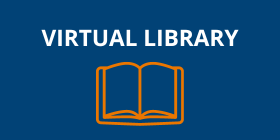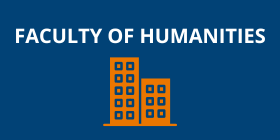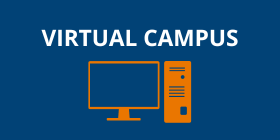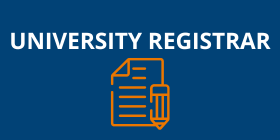Professor Nelson Paulus, moderates the webinar that recalls the 100 years of Max Weber's Economy and Society, in a conversation that included the participation of Dr. Jorge Gibert, Dr. Juan Ignacio Jiménez and Dr. Bernardo Navarrete.
Action Plan for Coronavirus (COVID-19)
Check here for videos of USACH experts analyzing the COVID-19 situation in Chile.
Faced with the Covid-19 situation that has affected the world and our country, we inform you that the University of Santiago, Chile has generated a series of action plans, in accordance with advice given by the Chilean Ministry of Health (MINSAL, acronym in Spanish) and the World Health Organization (WHO).
Our president calls on members of the community, who have visited countries with an active outbreak, to remain in active quarantine for 14 days. This list is periodically updated on the MINSAL website: www.minsal.cl
Any member of the community who has a fever higher than 38°C, respiratory symptoms (a cough or difficulty breathing), muscle pain, must seek a healthcare provider urgently and notify the respective authority in their department.
With the aim of prevention the spread of COVID-19 in our institution, we hereby state:
1. A team has been assembled, coordinated by the Office of the Vice President for Student Support, in order to speed up response and decision-making, to anticipate and react immediately to new scenarios, as well as to standardize protection in different spaces for university students.
2. We are requesting that respective campuses develop specific instructions to standardize the processes for justifying student or work absenteeism, the presentation of medical excuses and / or authorization of remote work. These instructions will be communicated within the next few days.
3. We guarantee the stock of cleaning supplies in all university spaces.
4. We have assembled an information campaign through our institutional channels by making the website www.usach.cl/prevencioncovid19 a tool to spread information relevant to the virus.
5. We urge you to take care of yourself and responsibly comply with all precautions to avoid infection.
6. Wash hands frequently and thoroughly with soap and water.
7. Cover your nose and mouth with the inside of your arm or a tissue when coughing or sneezing.
8. Avoid touching your face.
9. Clean and disinfect surfaces you frequently touch such as desks and tables, and regularly ventilate closed spaces with a high density of people such as classrooms, meeting rooms, offices, among others.
10. Maintain a distance of at least one meter with people who show symptoms of a respiratory infection.
We encourage you to take care of yourself and to heed information provided by institutional channels.
As a government-run university, we carefully follow the work of experts and their recommendations to keep you all informed of the following steps to take.
Documents with complementary information









